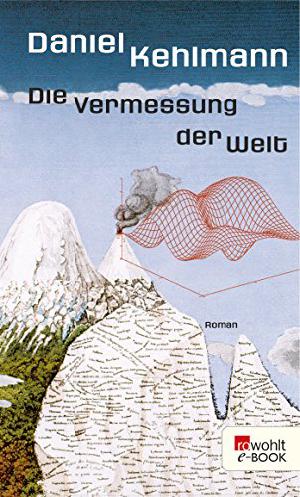The book is a fictionalized dual biography of the mathematician Carl Friedrich Gauss and the naturalist Alexander von Humboldt.
I couldn’t help but smile when the topic of the first math preparation class in my college introduction week was the Gauss Sum Formula.
During my school days, I had watched the movie “Measuring the World”, which featured a scene that depicted the story of young Gauss. It’s a very interesting movie, and it’s worth watching.

Measuring the World
Daniel Kehlmann
The book is a fictionalized dual biography of the mathematician Carl Friedrich Gauss and the naturalist Alexander von Humboldt.
During my training, I wrote two Python implementations of how to solve this problem. Here’s the link to the Gitlab repository: https://git.aei.mpg.de/sfeustel/ci-cd-python-unittest.
def loop(number):
"""
This function returns the value of the small Gauss.
(Sums all numbers from 1 to n together, as a loop).
:param n: only integer
:return: integer of the sum of gaussian summation formela
"""
try:
number = int(number)
except ValueError:
raise TypeError('Must be an integer,') from ValueError
if number < 1:
raise ValueError('The number must be greater than 0.')
ergebnis = 0
for i in range(1, number+1):
ergebnis = (i + ergebnis)
return ergebnisdef formula(number):
"""
This function returns the value of the small Gauss.
(Sums all numbers from 1 to n together, according to Gauss formula)
:param n: only integer
:return: integer of the sum of gaussian summation formela
"""
try:
number = int(number)
except ValueError:
raise TypeError("Must be an integer.") from ValueError
if number < 1:
raise ValueError('The number must be greater than 0.')
return int(number*(number+1)/2)It’s a cool and easy way to optimize your code, and as far as I know, this formula is also used in modern compilers like GCC.